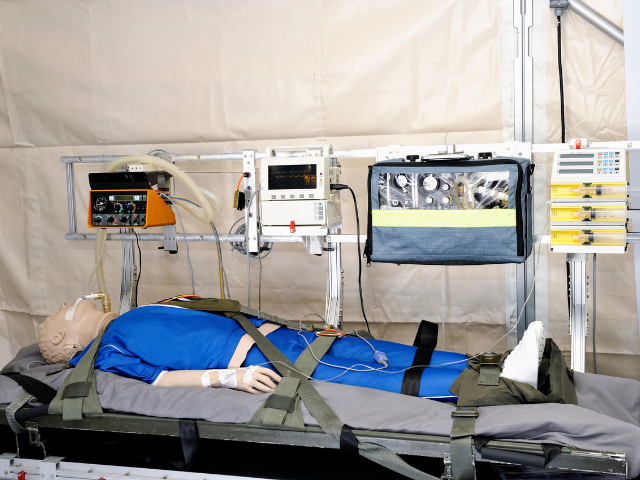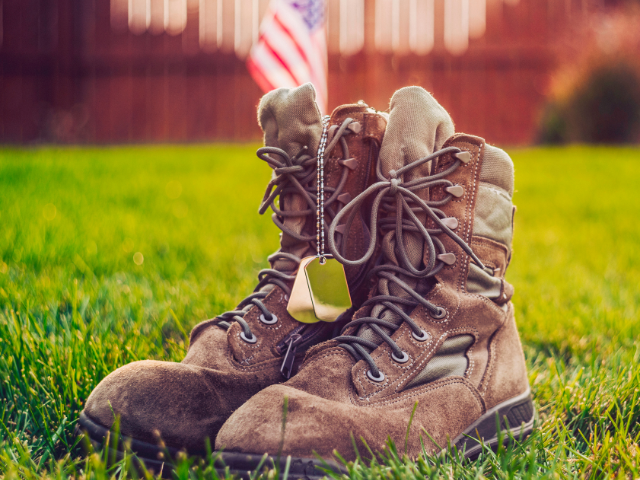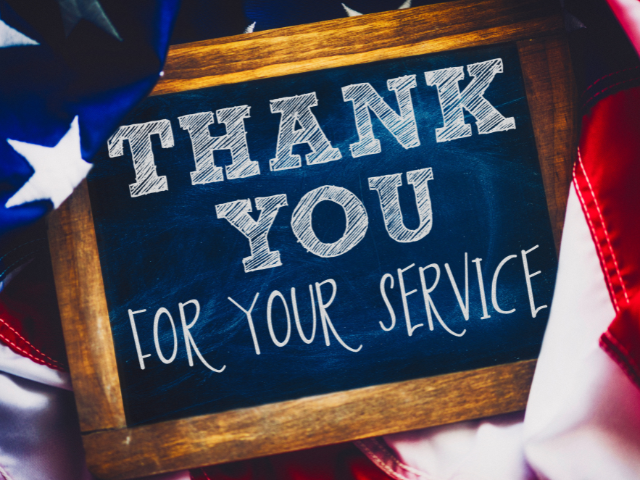How Do You Become a Military Nurse?
“A nurse is a nurse” is a controversial statement. There are various educational and training levels of nurses, including the Licensed Practical LPN (or Licensed Vocational Nurse in some states) and associates, bachelors, and master’s degrees.
Because there are several educational entry points, nurse titles can be confusing to the general public. The same is true of military nurses and the various titles and ranks they achieve from private, lieutenant, colonel, officer, and higher.
Becoming a military nurse involves earning a nursing degree, obtaining proper licensure, and meeting specific military requirements. Nurses can serve on active duty, in the reserves, or with the National Guard, though each service’s commitments and benefits vary.
Much like civilians, nursing graduates who want to enter the military medical environment must pass the National Council Licensure Examination for Registered Nurses (NCLEX-RN).
Experience as an RN prior to the military isn’t necessary but can provide practical knowledge that enhances an application for military service. Other eligibility requirements include:
- Being an American citizen (for U.S. military branches);
- Fulfilling age criteria (usually 21-42);
- Passing physical fitness tests;
- Meeting medical standards;
- and passing background checks.
Once you’ve selected a branch of service to enlist in, a recruiter from that branch can help in the application process.
Military nurses are commissioned officers, which requires specific officer training — Basic Officer Leaders Course, Officer Development School, or Commissioned Officer Training — depending on the branch of service. Military nurses can also specialize in an area like critical care nursing or surgical nursing.
After successfully completing basic officer training, including leadership development, military customs, and physical conditioning, nurses then participate in specialization training programs. After successfully completing all necessary training programs, service as a military nurse begins.
Scholarship options, such as ROTC nursing scholarships or the Army’s Health Professions Scholarship Program (HPSP), also are available.
What Additional Training Do a Military Nurses Receive?
Military medical personnel, like any other military occupation specialty, go through mandatory boot camp and specialty training. The skills training can include field medical response training or clinical work in a veterans hospital.
Like public or private hospitals, veterans hospitals have acute medical-surgical, critical care, pediatric, and women’s health units. Not everyone who works in a veterans hospital must be a veteran.
What are the Roles and Duties of a Military Nurse?
Full-time military nurses might be able to choose their assignment location, but have additional responsibilities outside of hospital hours, such as drills commonly seen in the National Guard.
Duties and responsibilities will depend on a military nurse’s branch of service and assignment. Clinically, they offer comprehensive nursing care, trauma/emergency response in field hospitals or combat zones, and medical evacuation of wounded soldiers before transport. Depending on training and assignment, they may also deliver specialty care such as surgery, psychiatry, pediatrics, obstetrics, or gynecology.
Administratively, military nurses manage detailed patient records, coordinate medical care logistics, and supervise junior medical staff. Military nurses frequently lead nursing teams under pressure or offer expert advice to commanders regarding health-related decisions that affect the wellbeing and readiness of service members.
In some military nursing specialties, practitioners offer counseling and support for posttraumatic stress, depression, and anxiety. Other specialties focus on rehabilitation for wounded soldiers and contribute to public health initiatives, including vaccination programs and health education campaigns.









